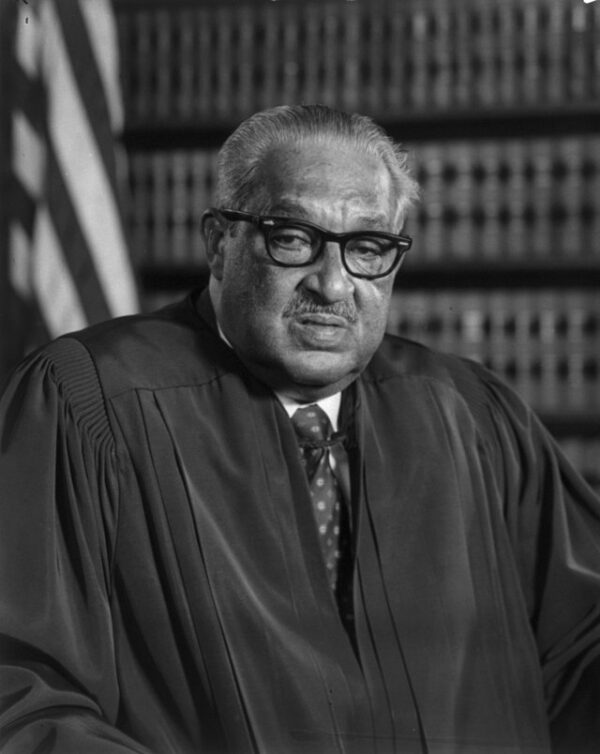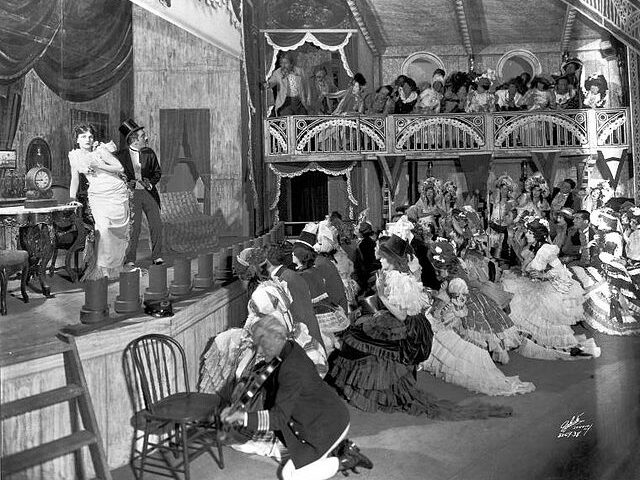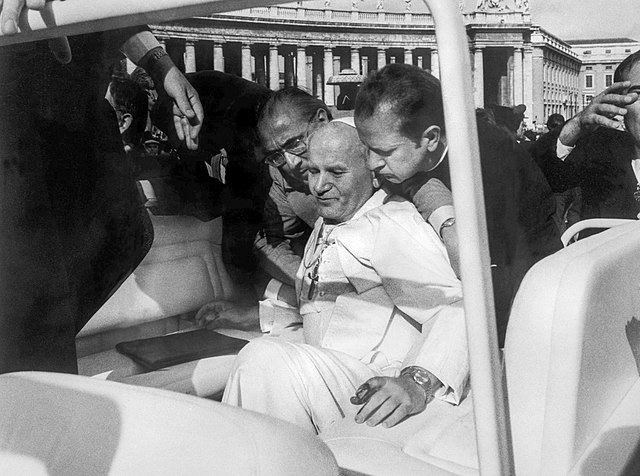On August 30, 1967, Thurgood Marshall was confirmed as the first African American Justice of the Supreme Court of the United States, marking a significant milestone in American history. Marshall’s appointment was not only a historic achievement for the African American community but also a reflection of the nation’s slow but steady progress towards greater racial equality and justice.
A Pioneering Legal Career
Before his appointment to the Supreme Court, Thurgood Marshall had already established himself as one of the most influential figures in American legal history. Born on July 2, 1908, in Baltimore, Maryland, Marshall was the great-grandson of slaves. His path to the Supreme Court began with his own experiences with racial discrimination, which fueled his desire to pursue law and advocate for civil rights. He attended Howard University School of Law, where he excelled academically and graduated first in his class in 1933.
Marshall’s career took off when he joined the NAACP (National Association for the Advancement of Colored People) as a staff lawyer. He quickly rose to prominence through his strategic litigation against segregation and discrimination, most notably as the lead attorney in the landmark case Brown v. Board of Education in 1954. In this case, the Supreme Court unanimously ruled that racial segregation in public schools was unconstitutional, a decision that overturned the “separate but equal” doctrine established by Plessy v. Ferguson in 1896.
The Road to the Supreme Court
Marshall’s success in Brown v. Board of Education and his overall legal prowess caught the attention of President John F. Kennedy, who appointed him to the U.S. Court of Appeals for the Second Circuit in 1961. During his time on the appellate court, Marshall authored numerous opinions that advanced civil rights, the rights of criminal defendants, and other key issues of the era. Later, in 1965, President Lyndon B. Johnson appointed him as the first African American Solicitor General of the United States, where he argued cases before the Supreme Court on behalf of the federal government.
It was President Johnson who nominated Marshall to the Supreme Court in 1967, describing the nomination as “the right thing to do, the right time to do it, the right man and the right place.” However, Marshall’s confirmation process was not without challenges. His nomination faced significant opposition from Southern senators who were resistant to the changes brought about by the Civil Rights Movement. Despite the opposition, Marshall’s credentials, legal acumen, and reputation as a fierce advocate for justice could not be ignored.
A Legacy of Justice and Equality
Marshall was confirmed by the Senate with a vote of 69-11, making history as the first African American to serve on the highest court in the land. His tenure on the Supreme Court, which lasted until his retirement in 1991, was marked by his steadfast commitment to protecting individual rights and liberties. Marshall was known for his strong stance on civil rights, his advocacy for the poor and disenfranchised, and his unwavering support for affirmative action and the rights of criminal defendants.
Thurgood Marshall’s confirmation to the Supreme Court was more than just a personal achievement; it was a powerful symbol of progress in America’s ongoing struggle for racial equality. His presence on the Court challenged the status quo and inspired future generations of African American lawyers, judges, and civil rights activists. Marshall’s legacy continues to influence the legal landscape of the United States.






